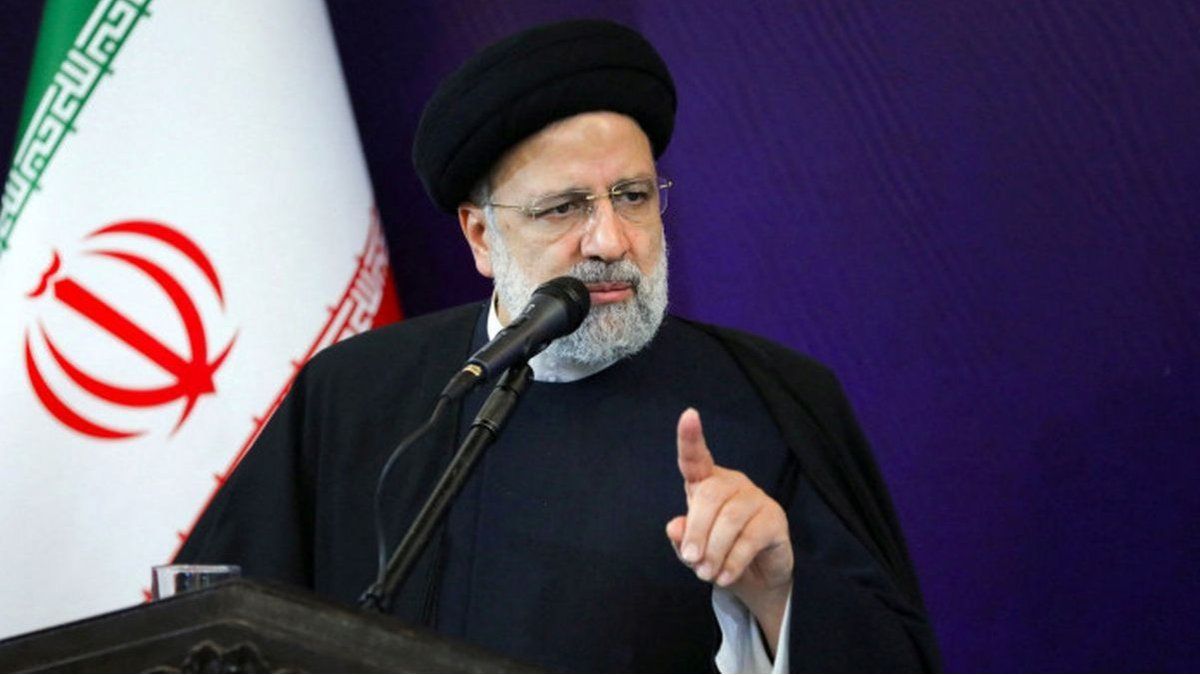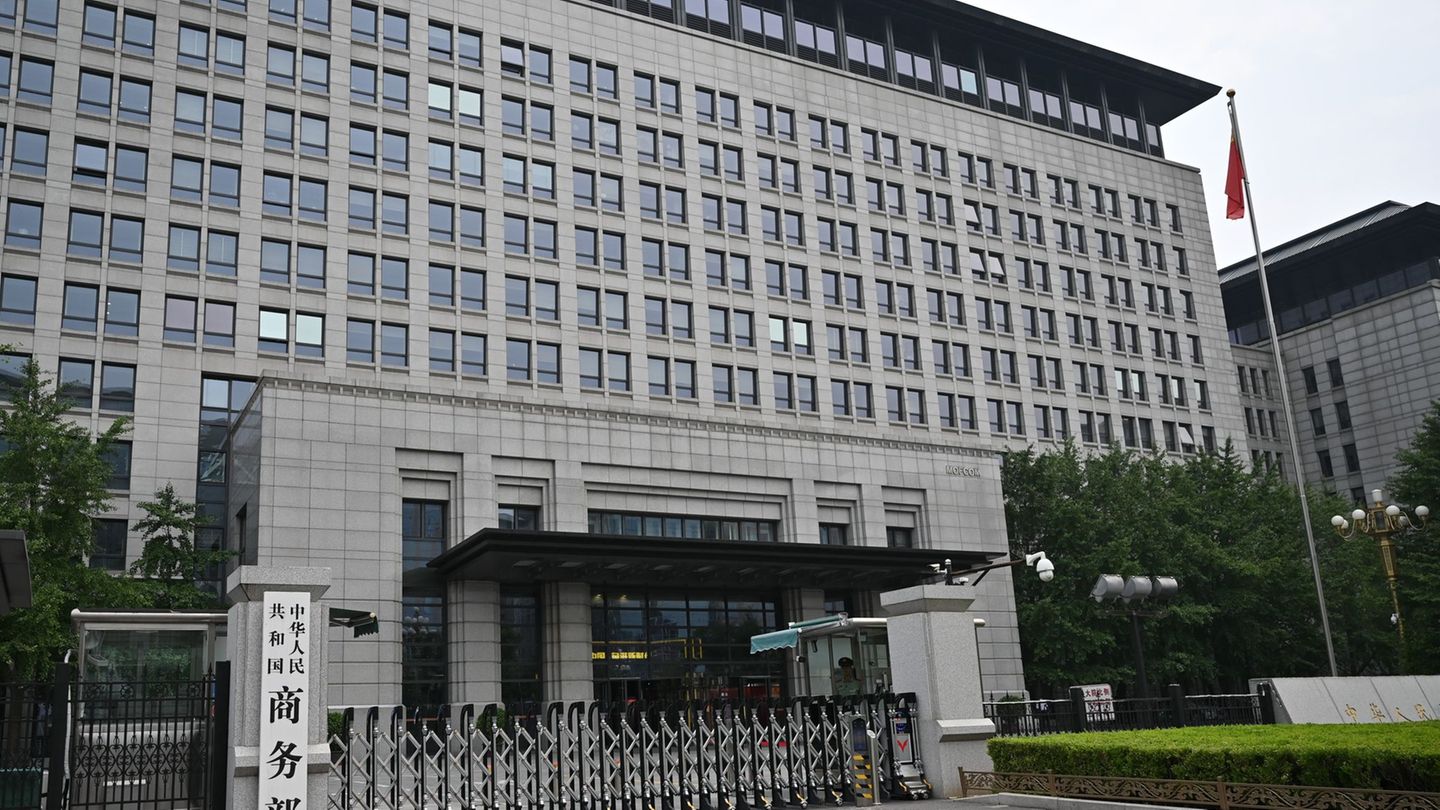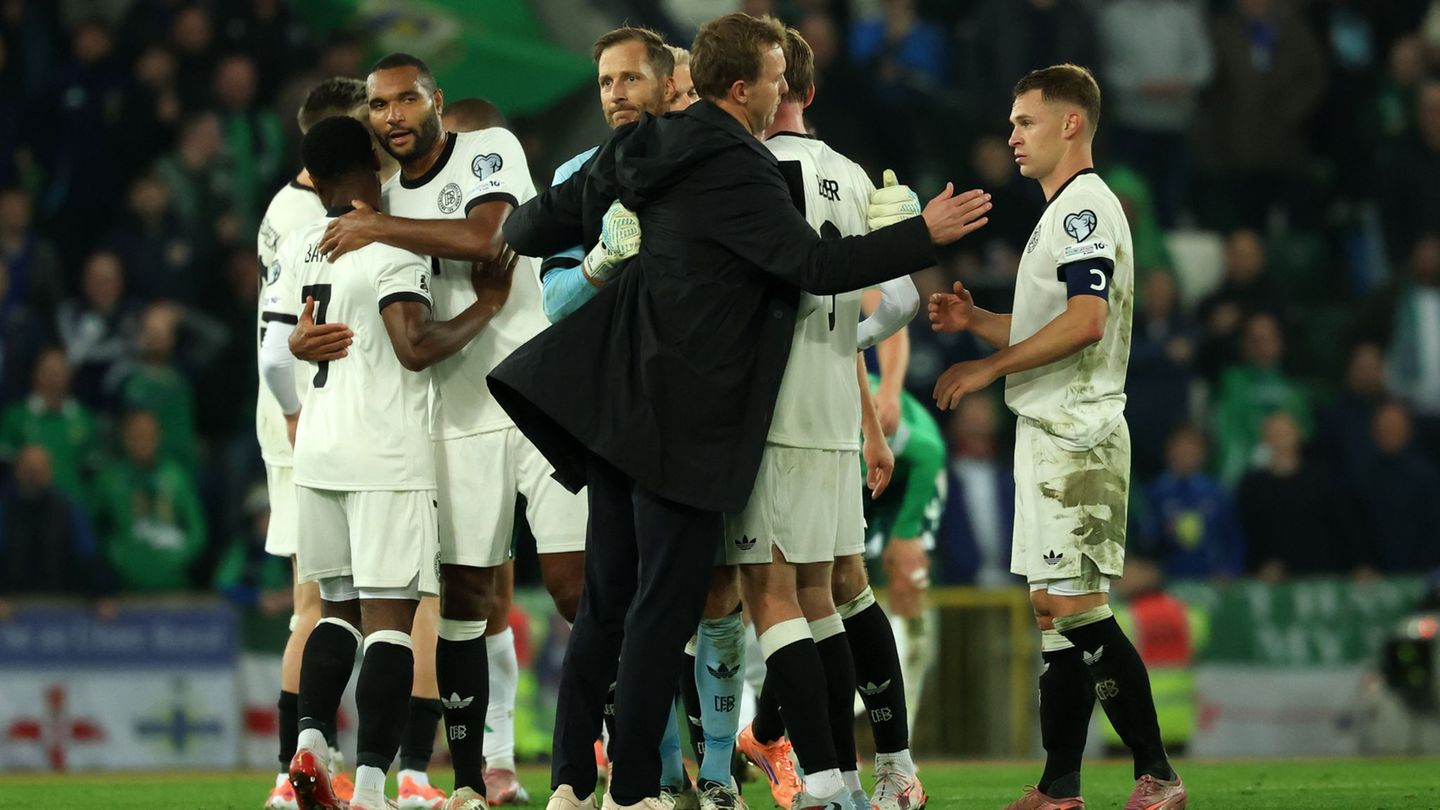The death of Iranian president Ebrahim Raisi A helicopter accident disrupts the plans of those who wanted him to succeed the supreme leader, Ayatollah Ali Khamenei. The events will fuel rivalries over who will take charge of the Islamic Republic when he passes away.
Raisi, 63, Khamenei’s protégé and who was rising in the Iranian theocracy, was considered the main candidate to succeed the 85-year-old supreme leader.
The path to the presidency of Ebrahim Raisi
His rise to the presidency It was part of a consolidation of power in the hands of hardliners, dedicated to shoring up the pillars of the Islamic Republic against the risks posed by dissent at home and powerful enemies in a turbulent region.
Ebrahim Raisi.jpg
Raisi was traveling in East Azerbaijan province.
Raisi had had the unconditional support of Khameneiwho served as president before becoming supreme leader in 1989, after the death of the founder of the Islamic Republic, Ayatollah Ruhollah Khomeini.
He Supreme leader holds supreme power in Iran, acts as commander in chief of the armed forces and decides the direction of foreign policylargely defined by the confrontation with the United States and Israel.
Who will be the successor to the presidency of Ebrahim Raisi
Although Khamenei did not appoint a successorIran watchers claim that Raisi was one of the two most mentioned names; he Second is Khamenei’s second son, Mojtaba, who is believed to exert influence behind the scenes. Raisi, backed by a group that wanted to see him become supreme leader, clearly wanted that role, said Vali Nasr, a professor of Middle Eastern Studies and International Affairs at the John Hopkins School of Advanced International Studies.
“Now they have no candidateand that opens the door for other factions or other figures to emerge as serious contenders,” he said.
For Raisia mid-ranking Shiite cleric, the presidency had been a vehicle to reach supreme leadership. “There is no other candidate at the moment (with) that kind of platform and that is why the presidential elections in Iran, however they unfold, will be the first decision on what comes next,” Nasr said..
Raisi’s views coincided with Khamenei’s on all important topics and implemented the leader’s policies aimed at consolidating clerical power, repressing opponents, and adopting a hard line on foreign policy issues, such as nuclear talks with Washington, according to two Iranian insiders.
A former Iranian official said powerful actors, including the Revolutionary Guards and influential clerics in Qomintensify your efforts now to shape the process by which the next supreme leader is chosen.
“The Raisi’s death is a shock to the establishmentwho now has no other candidate,” said the official, who added that although it was believed that Raisi had been groomed to succeed Khameneino one knew for sure what his intentions were.
Source: Ambito




